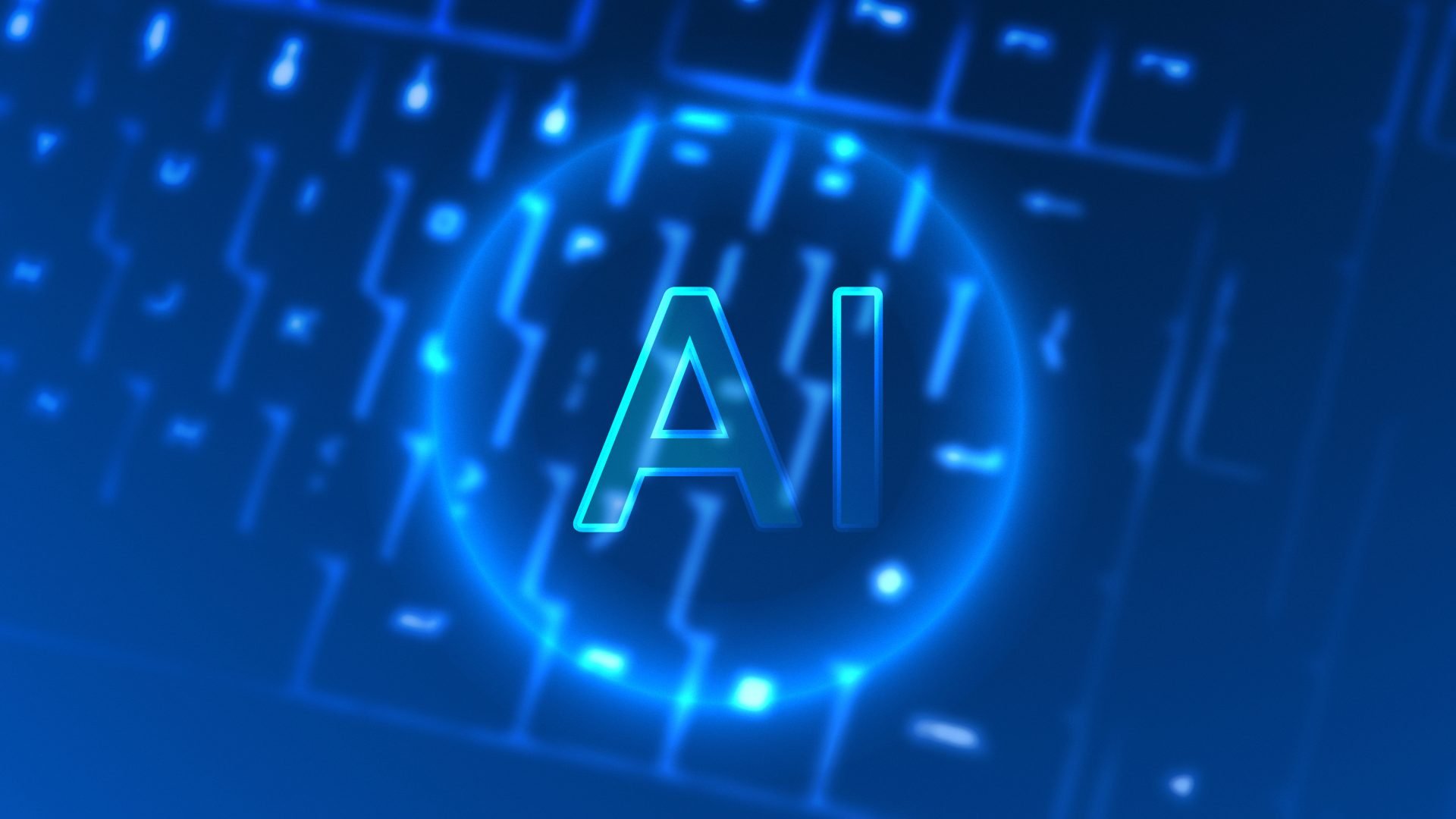


Artificial Intelligence took the reigns in 2023 with a new development every other day (or so it seemed). How is it possible that ChatGPT and the likes are only just a year old? The advances in AI technology have been staggeringly fast, and there is no slowdown on the horizon.
We’ve been both terrified of losing our jobs to machines and seduced by the promise of AI in helping us with our workflow. Let’s take a look at some of the leading AI stories from 2023.
Generative AI


While not new to 2023, this year saw AI image generators such as Midjourney forging ahead and becoming even more powerful and photorealistic. Now on version 6, the images are nearly indistinguishable from real photographs.
Popes in pufferjackets, deepfakes and misleading images became big news, and photojournalists came under new scrutiny. The Associated Press even had to create new guidelines about what is allowed and what isn’t.
But it’s not all bad news. People have taken a more light-hearted approach to AI image generation and have created some very interesting projects, like one man who created an ‘AI time machine‘ and made selfies in every historical era.
AI in editing


The biggest advancement in AI in software came with Adobe’s announcement of its Generative Fill feature. It didn’t take long for it to move from beta testing to being incorporated within Photoshop. And the (photography) world went mad, with people standing firmly on either side of the opinion divide. Still, it is proving useful in speeding up editing workflows.
Canva, not wanting to be outdone, also added a slew of new AI capabilities, leaving video editors and graphic designers crying into their coffee.
AI and photography competitions


Photography competitions found themselves on unstable ground this year. Many were unsure how to approach AI-generated images. Some banned them outright, others embraced the new medium. And some were just plain confused, with one competition disqualifying a real photograph for being AI.
Another headline-grabbing story was when the winner of the Sony Awards publicly turned down his award because his entry was entirely AI-generated. The stunt caused absolute chaos, with the artist stating that his intention was to draw attention to this very issue.
Headshots and commercial work


2023 saw the first fully AI-generated fashion magazine cover, Levi’s Jeans opted to use AI-generated models on their website in a bid to diversify rather than use actual humans, and Amazon and Google pioneered AI product images.
Should commercial photographers be worried by the trends towards more AI-image generation? I don’t think so, at least not yet. The landscape will change, that much is certain. And some lower-end jobs may lose out to AI image generation. However, everyone said that about CGI a while back.
AI copyright issues


Another major topic around AI was the issue surrounding copyright. Image generators have been accused of data-scraping copyrighted work, and rightfully so. Early on in the year, Getty Images launched a lawsuit against Stability AI (who own Stable Diffusion) over data scraping. Individual artists, photographers and writers also launched their own lawsuits.
The US Office for Copyright said on several occasions that AI-generated content cannot be copyrighted. This puts into question how useful anything completely AI-generated is for any commercial use, although several of the stock photo sites, such as Adobe, have guaranteed that it’s usable commercially.
As 2023 draws to a close, it feels as if we are on the threshold of a completely new creative era, one that most definitely will be defined by artificial intelligence. The next year should prove to be interesting and no doubt will include both good and bad in relation to AI tech.
However, despite alarmist headlines declaring the death of photography, we need to hold onto the fact that AI isn’t something to be feared. It isn’t photography and will never replace photography, at least for now.
Still, we’d better buckle up for 2024, it could be a wild ride!






